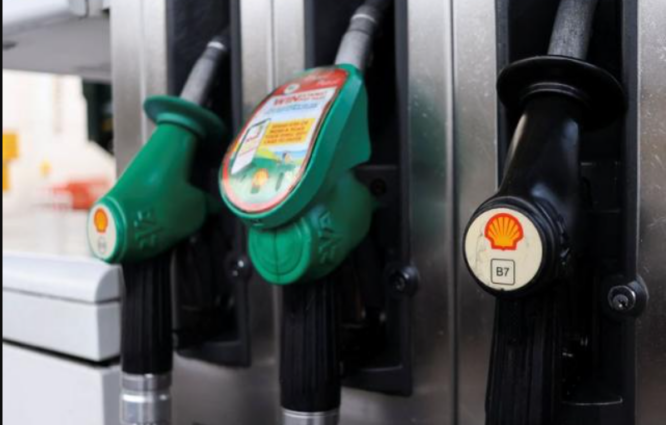US crude inventories grow unexpectedly, lowering oil prices 2023

Oil prices dipped slightly on Wednesday after industry data revealed an unexpected increase in US crude inventories, signaling feeble demand to markets already concerned about the recession and disappointing Chinese economic data.
At 00:19 GMT, Brent crude futures decreased by 27 cents, or 0.4%, to $74.01 per barrel. US West Texas Intermediate (WTI) crude was priced at $69.13 per barrel, a decrease of 29 cents, or 0.4 percent.
After China’s central bank lowered a short-term lending rate, both indices increased by over 3 percent on Tuesday in anticipation of rising fuel demand.
Concerns about the Chinese economy led to a 4 percent drop in prices on Monday, following the release of dismal economic data last week.
According to market sources citing American Petroleum Institute data released on Tuesday, US crude oil inventories increased by approximately 1 million barrels in the week ending June 9, contrary to the average estimate of a 510,000 million barrel decline by Reuters analysts.

Stockpile data from the government is expected later in the day.
In addition, market participants closely monitored a Federal Reserve meeting at which an interest rate rise was not predetermined. Rate increases strengthen the dollar, making commodities denominated in the US currency more expensive for holders of other currencies, thereby exerting downward pressure on prices.
Wednesday’s meeting of the Federal Open Market Committee, which determines interest rates, is expected to conclude with a pause in rate rises due to lingering inflationary pressures, economic uncertainty, and the impacts of 10 rate hikes since March 2022.
Economists anticipate that the Bank of Canada will raise interest rates to 5.00 percent in July, following an unexpected 25 basis point increase last week.
Thursday is also anticipated to see the European Central Bank increase interest rates by another quarter point in an effort to curb inflation.
However, the Bank of Japan, which will reveal its strategy on Friday, is anticipated to maintain its ultra-lax monetary policy.
Meanwhile, OPEC+ has granted Russia a slightly higher oil production baseline, allowing Russia to produce more oil than previously agreed upon under the most recent quotas.
